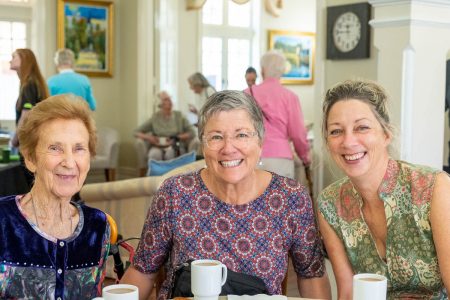Age Friendly Melville Assistance Fund



The Age-Friendly Melville assistance fund was set up for eligible older people living in the City of Melville, to help them maintain their independence in their own home.
The Age-Friendly Melville assistance fund offers funding to support a choice of short term or one-off support services to older people living independently in the community or in residential care within the City of Melville.
The fund is specifically for people on low incomes over the age of 60 or for Aboriginal and Torres Strait Islander people over 50. Funding is for services that are essential to the wellbeing, rehabilitation, and safety of the recipient, and help to maintain their independence at home.
Some examples of short term services that have been funded or partly funded by the grant include domestic assistance, personal care, social support including shopping assistance, meal preparation, transport, personal alarms and technology.
Some examples of one-off assistance includes occupational therapy including aids and equipment, home maintenance including gardening, items to help address safety concerns and access modifications to home such as rails and ramps.
A dedicated webpage on the City of Melville website enables people to access information about the assistance fund, to easily apply online and provides information about other services and funding options, including emergency relief, free financial counselling, home support and Meals on Wheels.
Website: https://www.melvillecity.com.au/our-community/age-friendly-melville/age-friendly-assistance-fund
Main target group: Older people in general
Other target group(s): Older people living at home
Sector(s): Health, Housing, Long-term care, Social protection, Transportation
Desired outcome for older people:
Meet their basic needs